The vision, he says, is now to create the lowest-density development project ever carried out in Mexico.
Up first is the Chalacatepec International Airport, already constructed as part of a public-private partnership but not yet open; it is just 10 minutes from Xala.
In mid-2024 it will be capable of receiving Boeing 737s on its 2.5km asphalt runway; at first it will receive mostly private jets and regional flights. The goal is to keep the airport’s operations small so that arriving passengers can clear customs in minutes and soon find themselves relaxing on tranquil beaches.
Galaxy Macau unveils Andaz Macau and Raffles at Galaxy Macau
Galaxy Macau unveils Andaz Macau and Raffles at Galaxy Macau
Anchoring the project from a luxury tourism standpoint will be a 51-villa Six Senses hotel, set for completion in 2026, say the developers.
The project’s US$1 billion price tag places it among Mexico’s most expensive tourism projects of late; such similarly ambitious, low-density projects as Kanai, in the Yucatan Riviera Maya, have kept cost figures private.
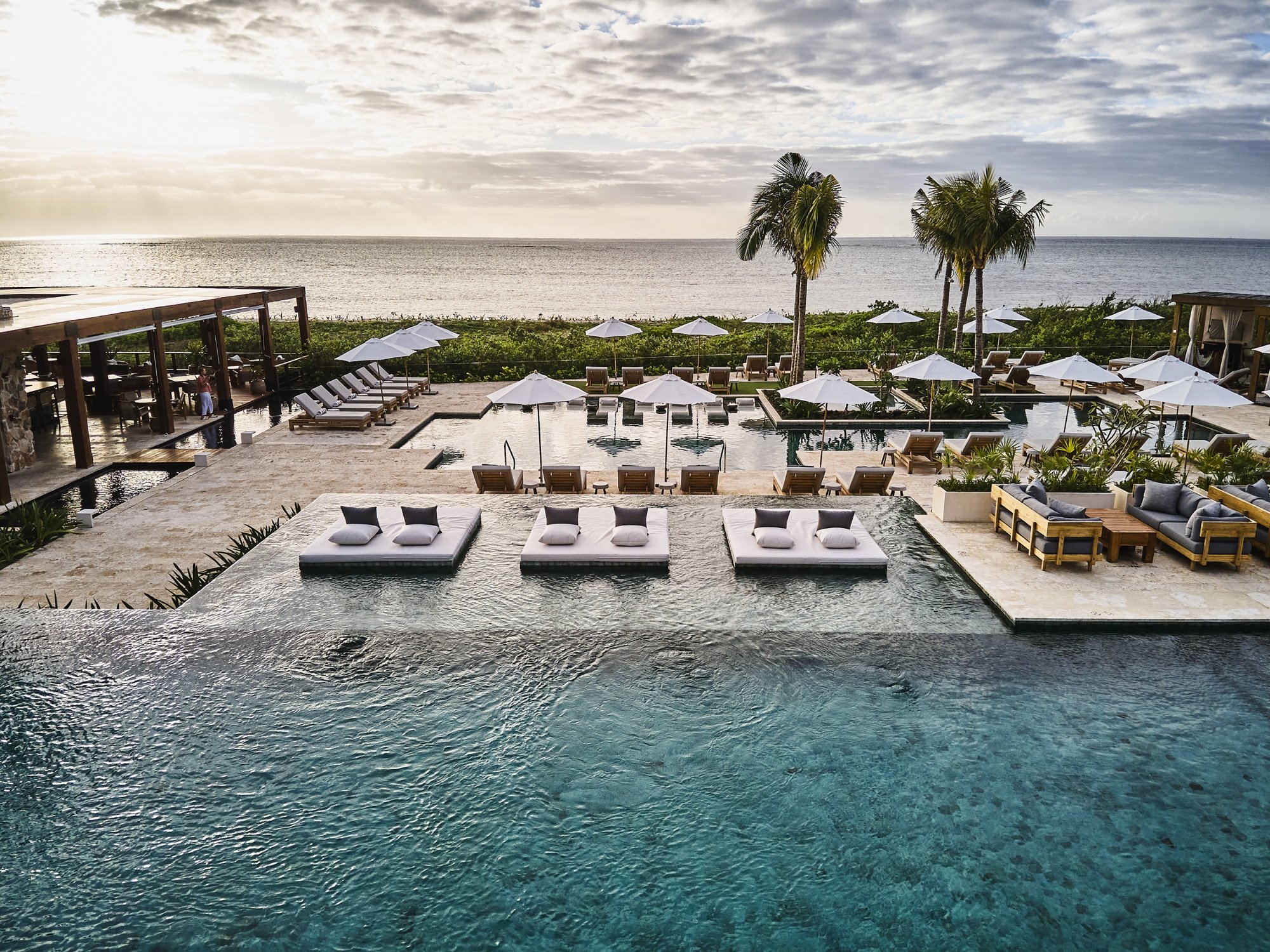
Just as Xala’s big sister Mandarina – and its One&Only hotel – benefit from proximity to Puerto Vallarta and its handful of luxury resorts, the new project will benefit from closeness to a few destinations loved by the jet set.
Surrounding Xala are the jungle reserve turned posh hideaway Cuixmala, the villa community Careyes, the Technicolor resort Las Alamandas and the year-old Four Seasons Tamarindo, all in an 80km stretch of coastline.
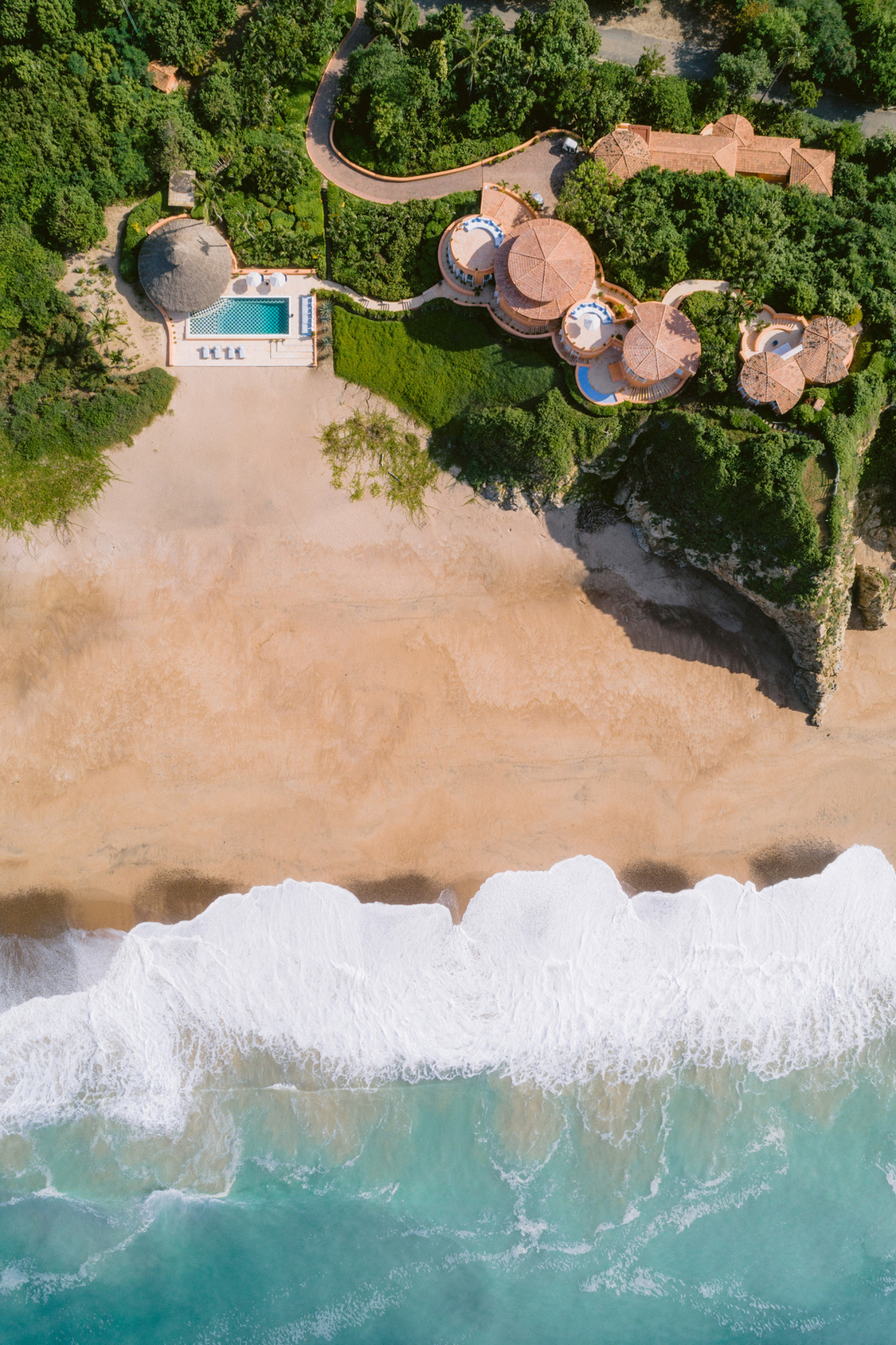
Cuixmala and its peers have made the area a safe haven for sun seekers who don’t want to sacrifice privacy or creature comforts.
This reputation has lured brands such as Cheval Blanc to scope out sites for hotel projects. Few have committed to building, though, mostly because of logistical and geographic challenges.
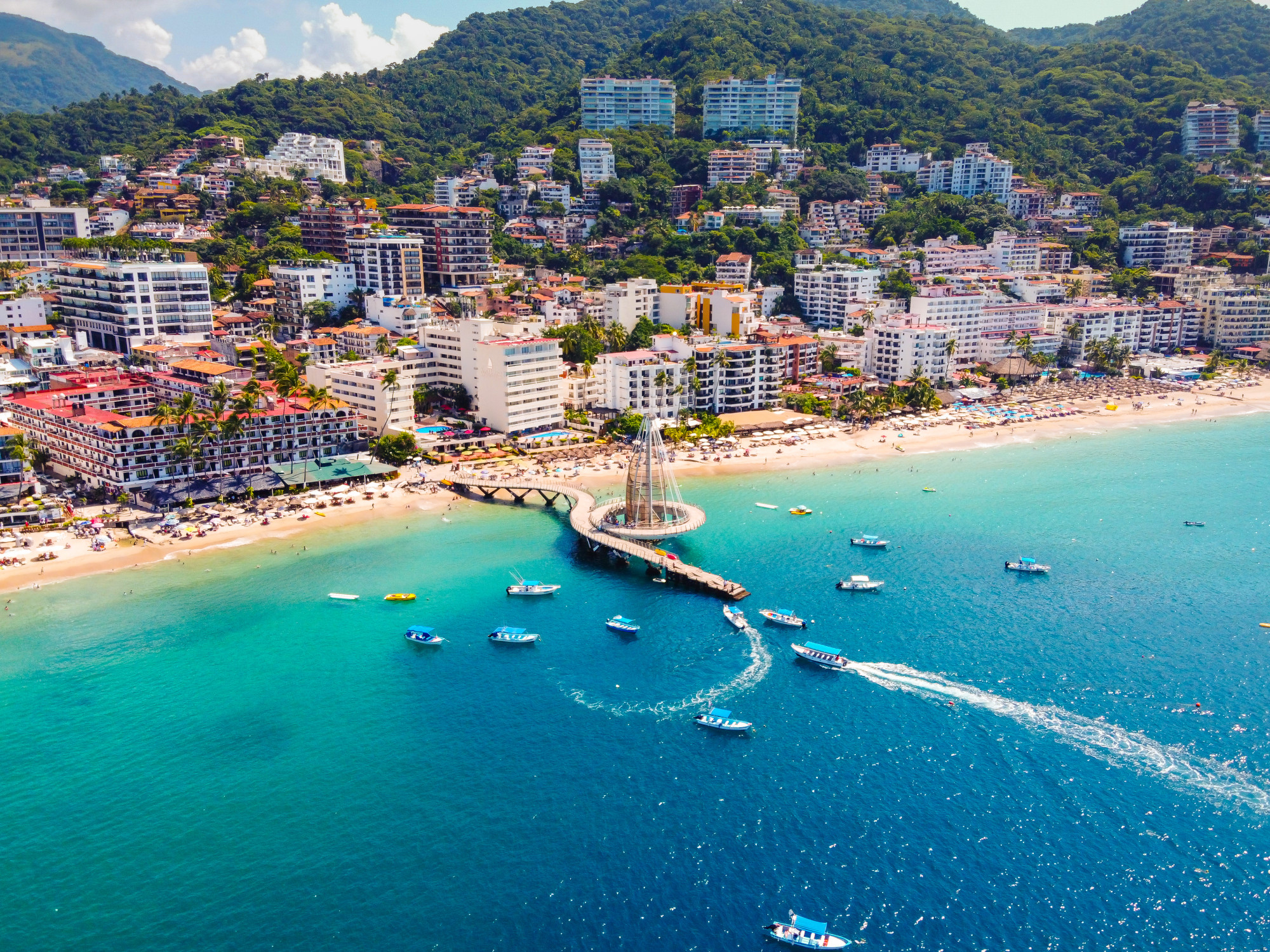
Unlike Mandarina, which has a major airport just 60km away, resorts in Costalegre currently benefit from little mass infrastructure.
Arriving at Cuixmala or Four Seasons Tamarindo, for instance, often requires a four-hour drive from the Puerto Vallarta airport or a 20-minute flight on the prop planes that are permitted to land on grass-strip runways at Cuixmala and Las Alamandas. (The Manzanillo airport is about an hour from the Four Seasons but receives very few flights.)
“Because there wasn’t infrastructure, so much of Costalegre has remained preserved,” says Santa Cruz. “For me, that’s why it has the biggest potential for sustainable tourism in Mexico.”
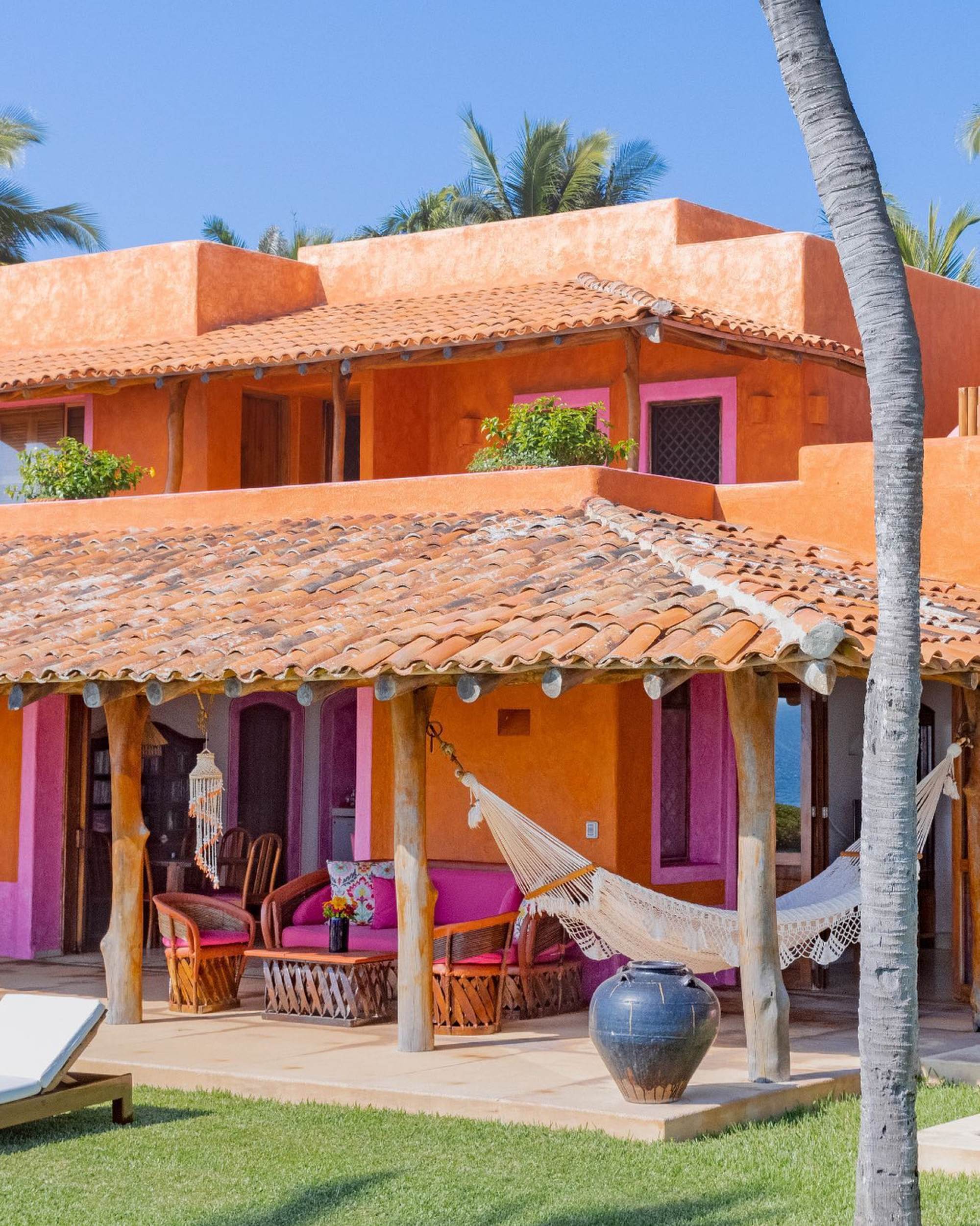
The site for Xala is a unique mix of swimmable beach coves, ocean with surf breaks, jungle-shrouded mangroves and a mountain ridge line carved with biking trails.
Of its 1,200 hectares, 240 will be dedicated to reforestation, and Santa Cruz says his team is working on marine conversation efforts to protect the area’s reefs.
The Six Senses will take advantage of that mixed terrain with rooms both on the beach and along the ridge.
Macau’s Pousada de Coloane boutique hotel: a peaceful, casino-free oasis
Macau’s Pousada de Coloane boutique hotel: a peaceful, casino-free oasis
The property will emphasise home-grown ingredients from an on-site farm at an “alchemy bar”, a signature space for the wellness brand where guests can concoct their own beauty scrubs and masks; at the main restaurant, which will feature a farmers’ market; and at a cooking school.
A feet-in-the-sand surf club and bar will be featured as well.
With Six Senses hotel bookings years in the future, Xala’s focus so far has been on selling homes. Santa Cruz says 30 of the 75 Rancho Estates have quietly drawn buyers at prices from US$5.5 million.
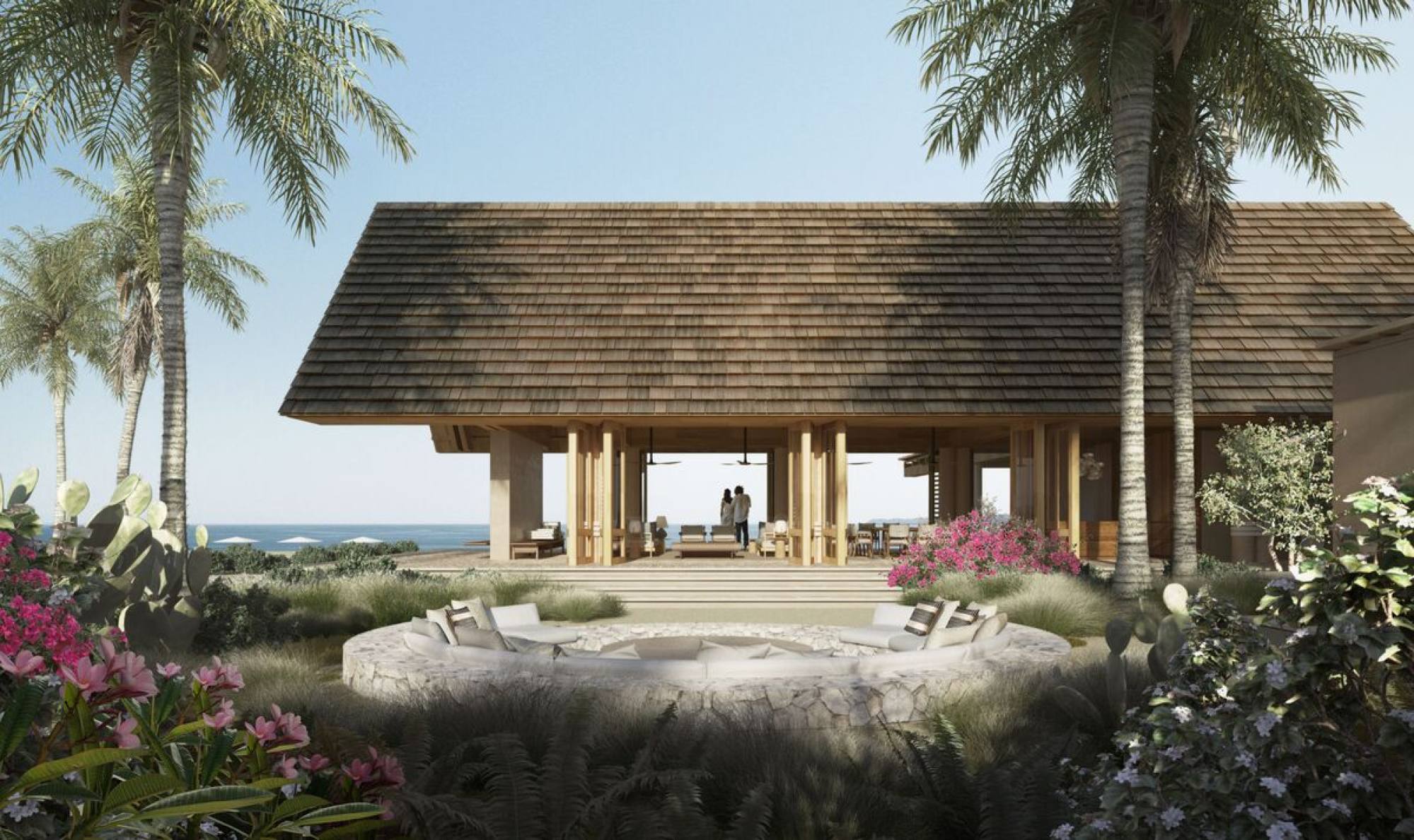
An additional 25 branded hotel residences from Six Senses, starting at 750 square metres (8,000 sq ft), are expected to be priced from US$8 million to US$12 million.
The homes are a significant point of differentiation between Mandarina and Xala, says Santa Cruz.
“We see this as a place people won’t just visit but also live,” he explains, with Xala having twice as many houses and a fraction of the hotel rooms.
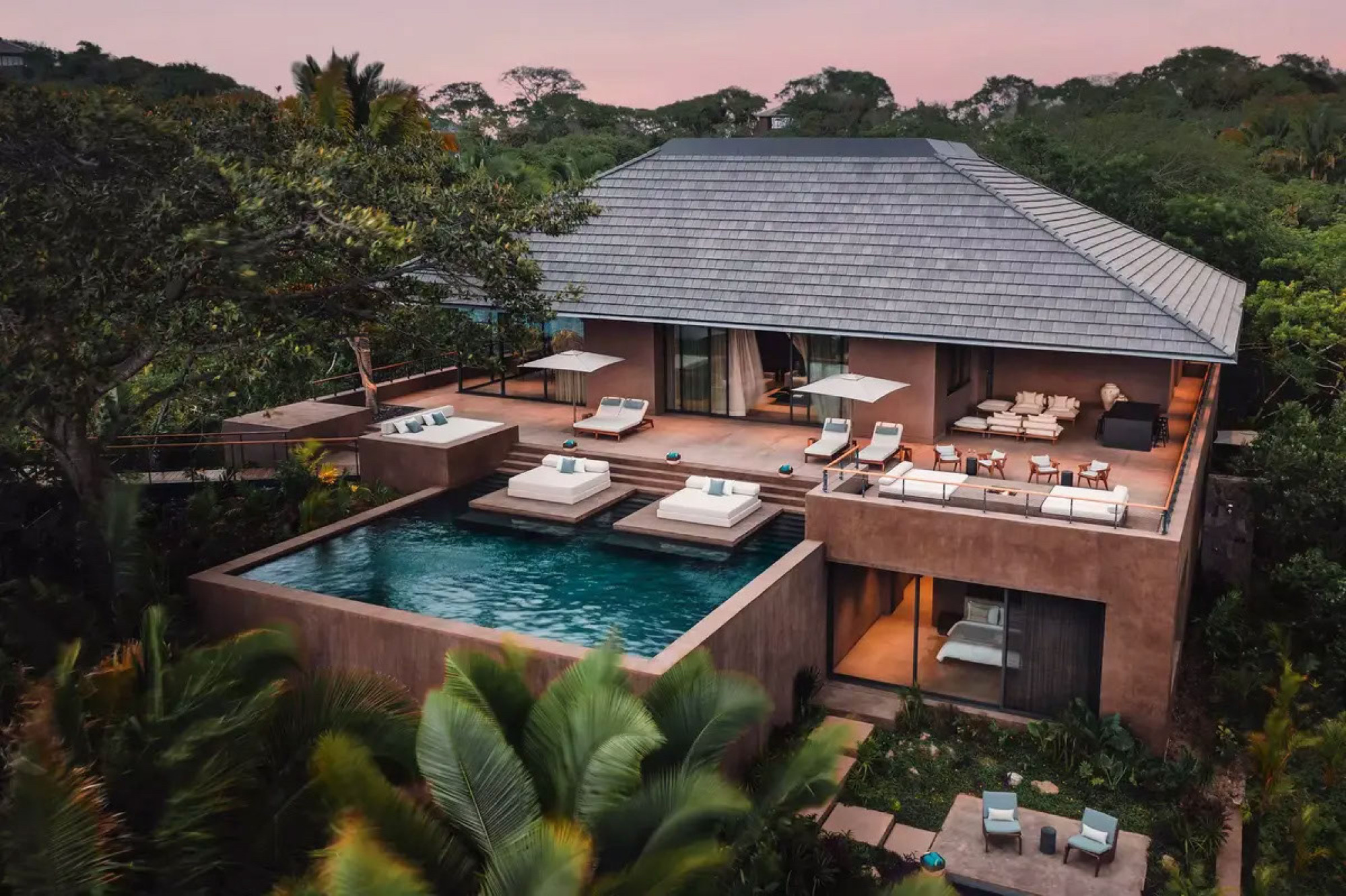
“Now, Xala is about creating a unique residential community, where Mandarina was about creating a world-class resort.”







